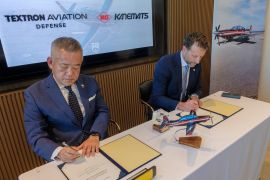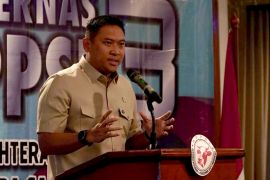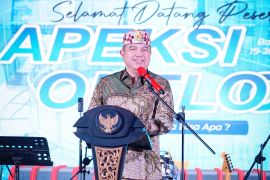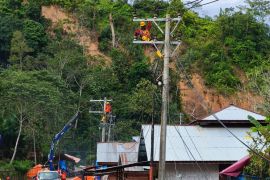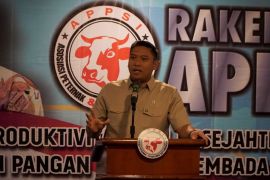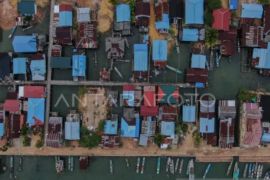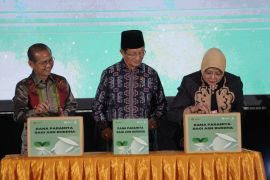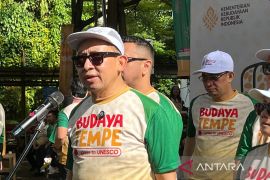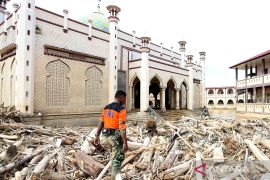This statement was made here, Wednesday, by an observer, Karyono Wibowo, a researcher in the Indonesian Public Institute.
"Such a policy could ruin a reconciliation attempt between the Red-White Coalition (KMP) and the Great Indonesian Coalition (KIH), which have almost reached a deal," Wibowo stated.
Wibowo gave a thumbs-up to the legislators from the KMP and KIH who had arrived at a consensus regarding several matters including revisions of the Peoples Consultative Assembly (MPR), DPR, the Regional Representative Council (DPD), and the Regional Legislative Council (DPRD) law, popularly known as the MD3 Law.
Therefore, the presidents instruction to prevent ministers from attending any hearing or working meeting with the DPR was not a tactical maneuver.
"In fact, it triggers a question, what is the motive behind the issuance of the letter? Is there a party pushing the president to make such a decision or is it purely from the president? What political power and legal basis that can be used to support the governments policies without the Parliament?" he questioned.
He hinted that controversial decisions made by the government could land President Jokowi in trouble as the political reality indicates that he lacks strong support in the Parliament.
There are even disagreements among legislators from the KIH concerning the governments policy to raise the fuel prices and the appointment of the new attorney general.
If the government failed to control inflation due to the fuel price hike, the publics disappointment could be used by rival politicians to attack the government, he pointed out.
"Therefore, I hope that in the Jokowi administration, there is no one playing the role of Sengkuni who has a hidden political agenda that could endanger the Jokowi administration," he added.(*)
Editor: Heru Purwanto
Copyright © ANTARA 2014
